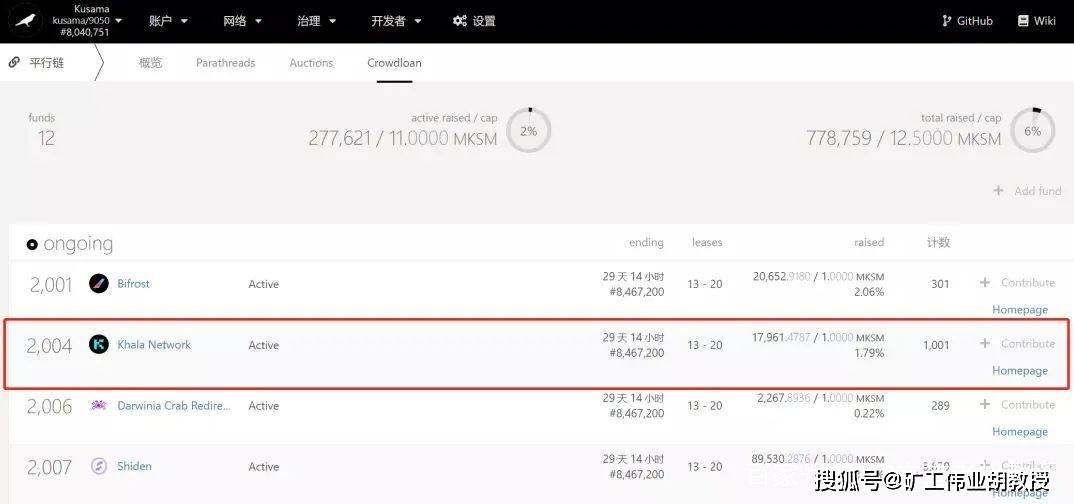"FHA vs Conventional Loan Pros and Cons: Which Mortgage Option is Right for You?"
#### FHA vs Conventional Loan Pros and ConsWhen considering a mortgage, understanding the differences between FHA and conventional loans is crucial. Each op……
#### FHA vs Conventional Loan Pros and Cons
When considering a mortgage, understanding the differences between FHA and conventional loans is crucial. Each option has its own set of advantages and disadvantages, making it essential to evaluate which one aligns best with your financial situation and homeownership goals.
#### FHA Loans
**Pros:**
1. **Lower Down Payment:** FHA loans typically require a down payment as low as 3.5%, making them an attractive option for first-time homebuyers or those with limited savings.
2. **Flexible Credit Requirements:** FHA loans are designed to assist borrowers with lower credit scores, often allowing scores as low as 580. This flexibility can open doors for many who might not qualify for conventional loans.
3. **Assumable Loans:** FHA loans can be assumed by future buyers, which can be a selling point if interest rates rise.

**Cons:**
1. **Mortgage Insurance Premium (MIP):** FHA loans require both an upfront MIP and monthly premiums, which can increase the overall cost of the loan.
2. **Loan Limits:** FHA loans have specific limits based on the area, which may restrict purchasing power in high-cost markets.
3. **Property Standards:** Homes purchased with FHA loans must meet certain safety and livability standards, which can complicate the buying process.
#### Conventional Loans

1. **No Mortgage Insurance with 20% Down:** If you can afford a 20% down payment, you can avoid private mortgage insurance (PMI), reducing your monthly payments.
2. **Higher Loan Limits:** Conventional loans often have higher limits compared to FHA loans, allowing for the purchase of more expensive properties.
3. **Flexible Property Types:** Conventional loans can be used for a wider range of property types, including investment properties and second homes.
1. **Stricter Credit Requirements:** Conventional loans typically require a higher credit score (usually 620 or above), making them less accessible for some borrowers.
2. **Higher Down Payment:** While there are options for lower down payments, most conventional loans require at least 5% down, which can be a barrier for some buyers.

3. **Less Flexibility:** Conventional loans often have more rigid underwriting standards, which can make the approval process more challenging for those with unique financial situations.
#### Conclusion
In conclusion, both FHA and conventional loans have their unique pros and cons. FHA loans may be more suitable for first-time buyers or those with lower credit scores, while conventional loans can benefit those with higher credit scores and larger down payments. It's essential to carefully assess your financial circumstances and long-term goals before deciding which mortgage option is best for you. Consulting with a mortgage advisor can also provide personalized insights to help guide your decision-making process.